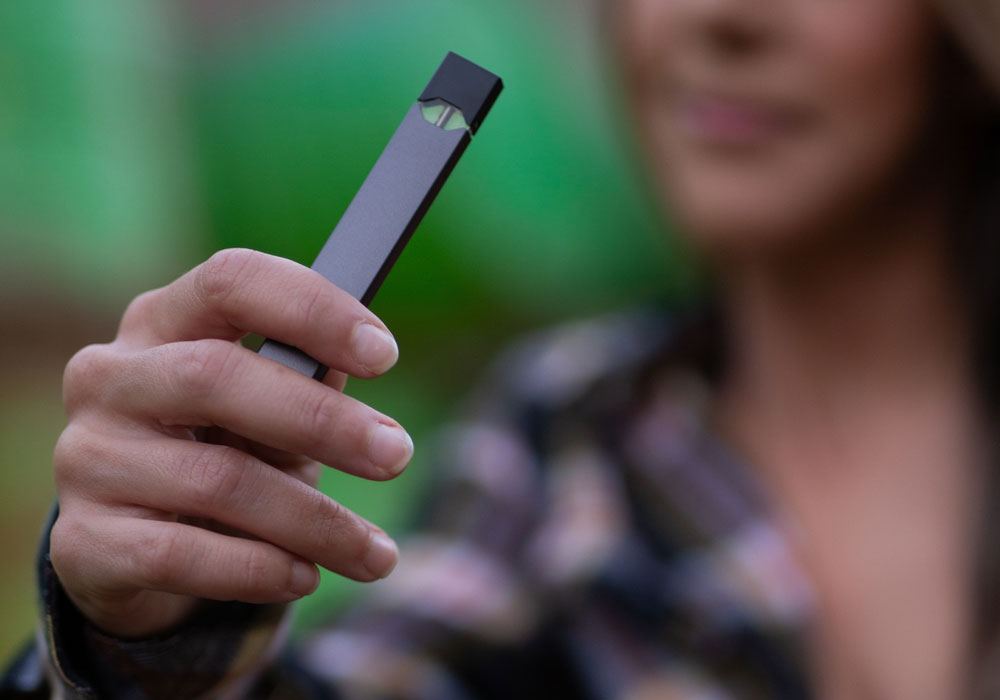Young people who see anti-vaping advertisements and prevention campaigns are more likely to have accurate e-cigarette knowledge, which can lead to a decrease in tobacco use and consequently, lung cancer diagnoses, according to a July 2021 study from the Truth Initiative, an organization devoted to educating youth about smoking and tobacco industries.
The Centers for Disease Control and Prevention reported that people who smoke cigarettes are 15–30 times more likely to get lung cancer or die from lung cancer than people who do not smoke, and as new forms of tobacco use and consumption are produced, marketed, and sold—especially to minors—healthcare providers are left to deal with the addiction, disease, and death that Big Tobacco has left in its wake of profits.
The Truth Initiative reported that young people who have seen the organization’s vaping prevention campaigns were more likely to have accurate e-cigarette knowledge, believe that e-cigarettes were harmful and socially unacceptable, and hold antitobacco industry attitudes compared to those unaware of the campaign. The initiative said it will use the findings to create even more effective vaping prevention campaigns and lay the groundwork for future research.
“Increasing e-cigarette-related knowledge and beliefs is an important first step in changing behaviors and reducing epidemic levels of youth vaping in the United States,” the initiative said. “While several previous studies have shown the Truth Initiative smoking prevention campaigns have contributed to major declines in youth smoking rates, there has not been evidence to date on the effectiveness of vaping prevention campaigns in addressing youth vaping. The study is the first to address this research gap.”
In its position on use of e-cigarettes and vaping, ONS calls for the U.S. Food and Drug Administration to regulate e-cigarettes and vaping liquids as soon as possible to protect underage users from adverse health effects and potential nicotine addiction, as well as continue collaboration with the Centers for Disease Control and Prevention to investigate respiratory illnesses and deaths reported after the use of e-cigarettes. Join us with your voice to advocate for e-cigarette regulation, in addition to other tobacco products, and provide education and resources for patients.






